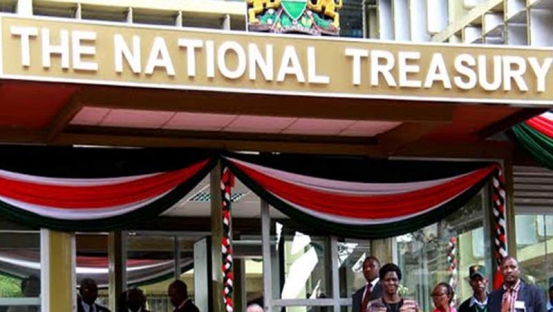×
The Standard e-Paper
Kenya’s Boldest Voice

The doctors' union and the Council of Governors asked the Treasury to stop frustrating salary payment through frequent delays.
They also urged nurses to resume negotiations.